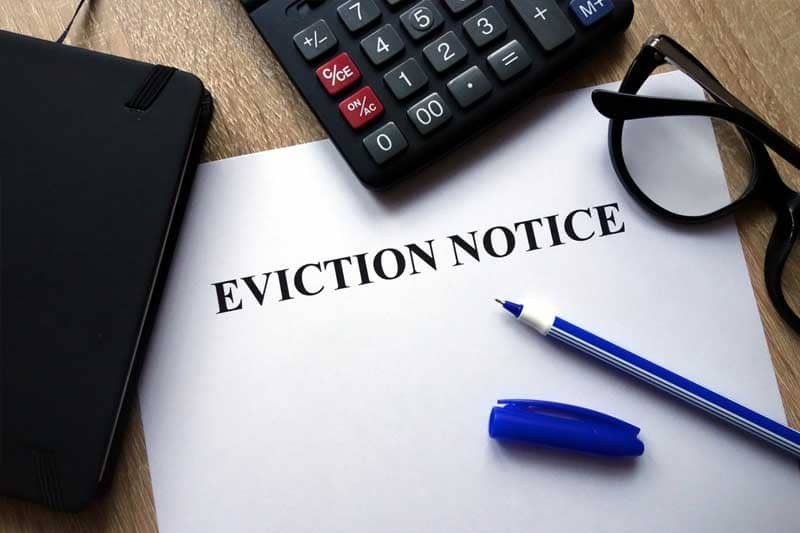It is inarguable that the global COVID-19 pandemic has created a worldwide interruption the likes of many of us in the United States have never experienced before. From the flash crash of the United States economy, to extended sheltering in place, the consequences of this pandemic are far reaching. It would be difficult to find an American whose life COVID-19 has not affected in some way. Three and a half months into this global crisis, it is worth looking into some of the measures instituted that have had a profound impact on landlord tenant law, that of Dispossessory Actions.Nationally, with the passage of the federal CARES Act, the United States Government placed a 120-day moratorium on all dispossessory actions for which a “Covered dwelling” was involved. A covered dwelling defined under the law pertains mostly to residences backed by a federal mortgage through the Federal Housing Authority. This definition also includes residences under other federal assistance programs, including that of the Violence against Women Act of 1994 and the Rural Housing Voucher Program. The full definition can be found here.
While protections under this act do not apply to all landlord-tenant relationships, it is arguable that it covers the plural majority of homes, as Fannie Mae and Freddie Mac are collectively the largest mortgage holders in the United States. Notable exclusions to this would be properties owned without mortgage or Mortgage notes held by private lenders exclusively.
To enforce this moratorium, any landlord wishing to move forward with a dispossessory action before August 25, 2020 must also include in their initial action what has been coined as a CARES Affidavit. This affidavit is a sworn statement by the landlord stating that under penalty of perjury, the property in question is not subject to the far reaching moratorium. For those who own a home subject to the “Covered Dwelling” definition, the would be landlord cannot seek relief through dispossession until August 25, 2020. It is worth mentioning that the act is silent with regards to damages for unpaid rent through this period in an action commencing after August 25.
In addition to the federal act, many states have taken action to protect tenants. While Georgia did not enact any specific legislation, Mayor Keisha Lance Bottoms enacted an executive order on March 17 calling for a 60-day moratorium on eviction proceedings within the city of Atlanta. As of the date of this writing, this moratorium has not been renewed, and Fulton County has resumed eviction proceedings not excluded from the CARES Act as of June 22, 2020.
While many courts in Georgia have continued eviction activity, it is worth noting that there are extreme backlogs due to fallout created by COVID-19 unrelated to the CARES Act. These include statewide court closures, and resource constraints on government agencies. Delays in the process are subject to a county-by-county basis.
While the various dispossessory moratoriums are aimed towards protection of tenants experiencing economic difficulty because of the closure of the economy and unprecedented levels of unemployment, landlords have experienced equally damaging consequences as a result. The good news for landlords is that the same federal legislation offers support in the form of PPP loans for the continuation of their business. Many mortgage loan servicers also offer temporary loan forbearance to see them through this period.
The Attorney’s at Thrift McLemore have been following related legislation closely at both the national and local levels. Whether you are a landlord or a tenant seeking to understand your rights and what actions you can take during this unprecedented time, please reach out to us for help. You can contact us by email at info@thriftlegal.com or by phone at 678-882-0830 today!
https://www.magistratefulton.org/DocumentCenter/View/2803/Dispossessory-Rule-46–Final-Magistrate
https://www.atlantaga.gov/government/mayor-s-office/city-of-atlanta-covid-19-response
https://home.treasury.gov/policy-issues/cares
https://www.jdsupra.com/legalnews/cares-act-temporary-moratorium-on-99459/


